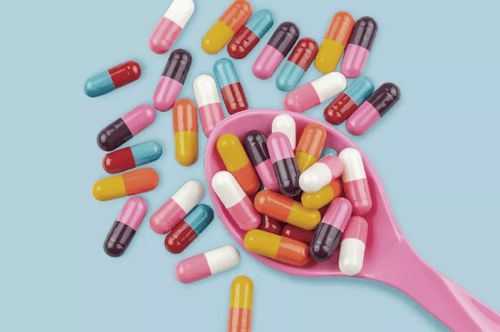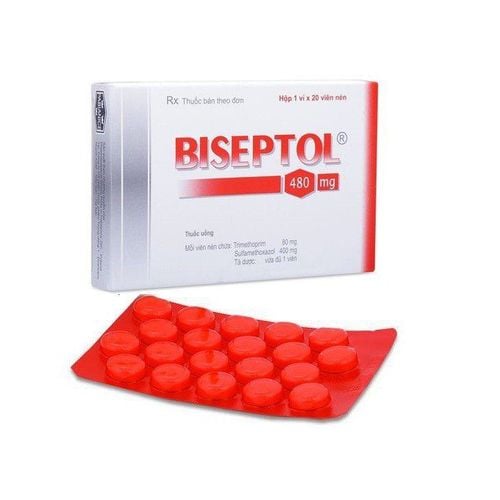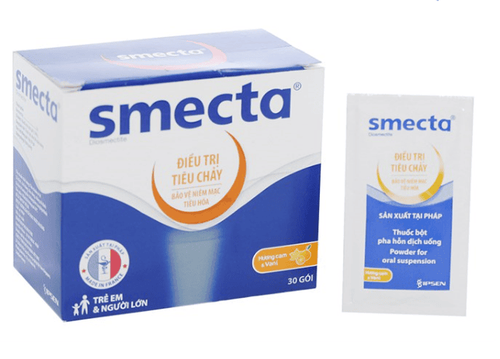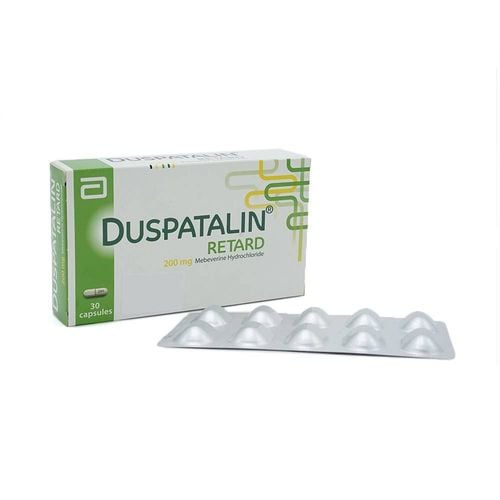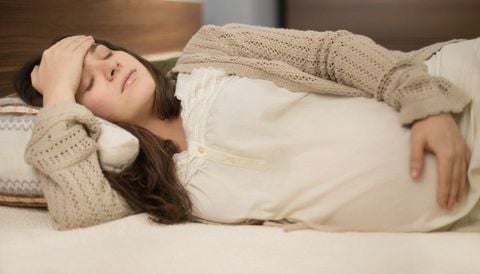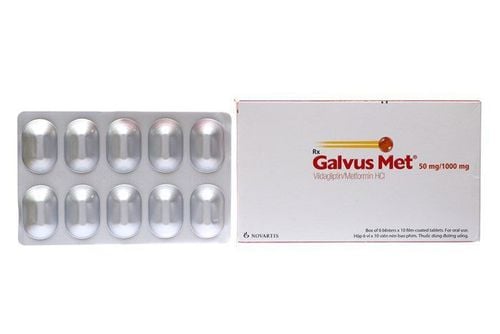By Mai Viễn Phương, Master's Degree, Medical Doctor, Department of General Medicine & Internal Medicine, Vinmec Central Park International General Hospital.
Experts estimate that 70% of Americans 18 years and older have consumed alcohol in the past year. However, many people do not know about a prevalent consequence of drinking alcohol: Diarrhea
1. What Causes Diarrhea?
Anyone can experience diarrhea once or more times in their lives. It occurs when you have loose stools instead of formed ones.
Diarrhea is usually due to short-term illnesses such as food poisoning or a virus. However, sometimes it can be the result of an underlying medical condition.
Diarrhea causes the body to lose excess water, so it's important to drink more fluids when you have diarrhea to prevent severe complications.
If diarrhea is a side effect of a chronic condition, a doctor can usually help you manage it.

2. Causes of Loose Stools
There are many causes of diarrhea, including:
- Acute illnesses, such as exposure to bacteria, viruses, or even parasites that irritate the digestive tract.
- Constipation.
- Digestive disorders.
- Damage to the anal sphincter due to childbirth.
- A history of rectal or anal surgery, such as hemorrhoidectomy, tumor removal, or treatment of anal abscesses and fistulas.
- Inability to absorb certain compounds like milk, carbohydrates, or sugar.
Loose stools can also be accompanied by several uncomfortable symptoms, including:
- Abdominal cramps and pain.
- Fatigue.
- Fever.
- Nausea.
- Urgency to urinate.
- Vomiting.
If you notice unexplained changes in the color of your loose stools, especially red, black, or tarry stools, seek emergency medical attention for signs of gastrointestinal bleeding. Excessive blood loss can be life-threatening.
3. Why Does Alcohol Cause Diarrhea?
When you drink alcohol, it moves to the stomach. Alcohol is absorbed along with some nutrients from food into the bloodstream through the cells in the stomach lining, slowing down the digestive process of alcohol.
If you are hungry, alcohol continues to the small intestine, passing through the intestinal cells much faster. This causes dizziness, chills, and discomfort, which occur more quickly when drinking on an empty stomach.
Alcohol accelerates peristalsis, which prevents the colon from absorbing water as usual. This causes your stool to pass quickly and with excess water, leading to diarrhea.
When consuming large amounts of alcohol, it can slow digestion and cause constipation.
Alcohol can irritate the digestive tract, worsening diarrhea. This is especially common with wine, which kills beneficial bacteria in the gut.
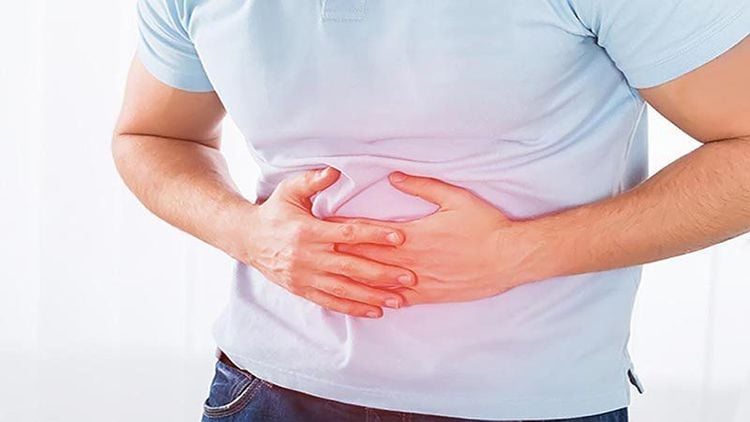
4. Who Is at Higher Risk of Diarrhea After Drinking Alcohol?
People with digestive disorders are more likely to experience diarrhea due to alcohol consumption, such as those with:
- Celiac disease.
- Irritable bowel syndrome (IBS).
- Crohn’s disease.
People with digestive disorders may have their symptoms worsened by drinking alcohol, leading to diarrhea.
People who are sleep-deprived or have irregular sleep patterns are also more likely to experience diarrhea after drinking alcohol compared to others.
Scientists have found that chronic sleep deprivation makes the digestive system more sensitive to alcohol because it hasn’t had normal rest.
5. Is There a Home Remedy for Alcohol-Induced Diarrhea?
- Stop drinking alcohol. Stop drinking until your digestion returns to normal. When you start drinking again, diarrhea may return.
- If you limit your alcohol intake, most cases of alcohol-induced diarrhea will clear up within a few days.
What to eat and drink?
- Eat easy-to-digest foods to soothe your stomach. Examples include soda crackers, toast, bananas, eggs, rice, chicken, etc.
- Drink plenty of fluids such as water, clear broth, and fruit juices to replenish the fluids lost during diarrhea.
What to Avoid:
- Avoid caffeinated drinks, as they can worsen diarrhea.
- Avoid foods such as:
- High-fiber foods.
- Dairy.
- Fatty foods.
- Spicy foods.
Internal Medicine Treatment:
- Use antidiarrheal medication as necessary.
- Consider using probiotics. Talk to your doctor about the appropriate dosage. Probiotics are also found in foods like yogurt and sauerkraut.
When Should I See a Doctor?
Typically, diarrhea after drinking alcohol will resolve within a few days with home care.
However, persistent diarrhea can lead to dangerous complications like dehydration. Untreated dehydration can be life-threatening.
Symptoms of dehydration include:
- Thirst.
- Dry mouth and skin.
- Decreased urine output.
- Frequent urination.
- Extreme fatigue.
- Dizziness.
- Lightheadedness.
- Dark-colored urine.
See a doctor if you have signs of dehydration and:
- You have had diarrhea for more than two days.
- You experience severe abdominal or rectal pain.
- Your stools contain blood or are black.
- You have a fever above 102°F (39°C).
If you frequently experience diarrhea after drinking alcohol, you may want to reconsider your drinking habits.
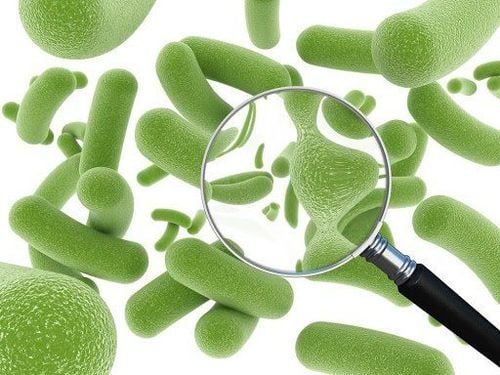
The Gastroenterology and Endoscopy Department is one of the key specialties at Vinmec International General Hospital. For consultations and timely treatment of digestive diseases, you can contact Vinmec Healthcare System nationwide or schedule an appointment on the website.
Please dial HOTLINE for more information or register for an appointment HERE. Download MyVinmec app to make appointments faster and to manage your bookings easily.
ReferencesBujanda L. (2000). The effects of alcohol consumption upon the gastrointestinal tract. DOI: 10.1111/j.1572-0241.2000.03347.x Chiba T, et al. (2000). Alcohol-related diarrhea. DOI: 10.1080/13556210050003702 Common causes of chronic diarrhea. (2016). iffgd.org/lower-gi-disorders/diarrhea/common-causes.html Forsyth CB. (2015). Circadian rhythms, alcohol and gut interactions. DOI: 10.1016/j.alcohol.2014.07.021





